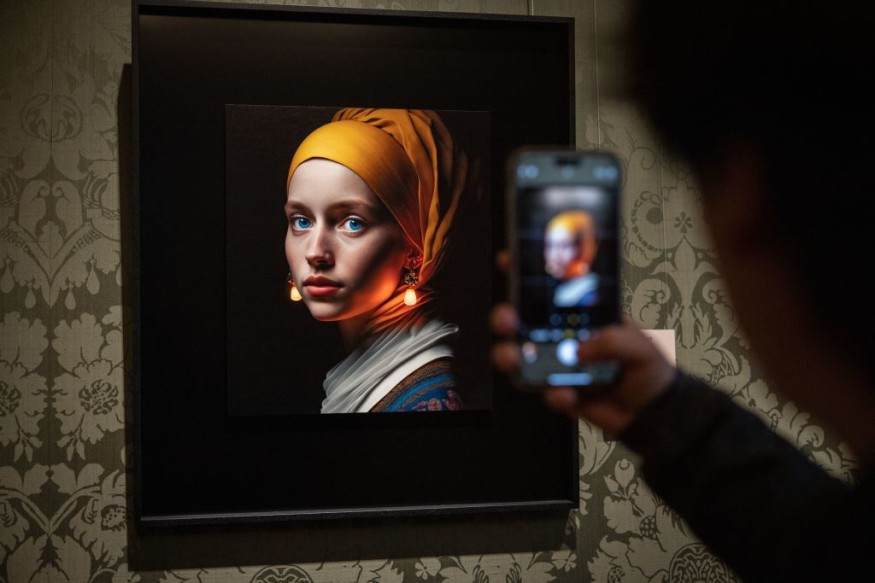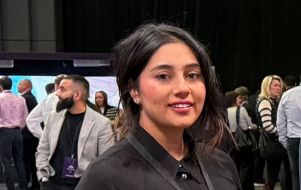Art Schools Now Offers AI Curriculum Despite Growing Lawsuits Over Copyright Issues
Top art schools in the US are offering more classes in AI this fall, even as ethical debates and lawsuits over the technology continue. One new offering is at Ringling College of Art and Design, which is set to begin this fall.
According to ART News, in addition to classes in the basics of AI, there are a variety of elective offerings, such as AI Techniques and Processes for Art.
Now, the program is designed to support students in using AI tools in increasingly innovative ways to enhance their creative work.

"There's a million different ways you can apply AI that aren't having it write the story or make the art for you," Rick Dakan, Ringling's AI coordinator, explained.
For the school, the goal is to prepare students to stand out in a rapidly changing industry where AI-generated content is becoming increasingly prevalent.
Also Read : Gestalten's 'Living in a Dream' Book Features Visionary Artists with Their Artificial Architecture Designs
AI Curriculum in Art Schools
Many of the revised courses at Ringling are found within its technical majors, such as virtual reality development, computer animation, and game art. These fields are particularly suited for AI integration. However, the AI-generated material is often not the final product but a tool used during early stages like ideation and concept development.
Other top art schools in the US, such as the Rhode Island School of Design (RISD) and Carnegie Mellon University (CMU), have also been incorporating AI into their curricula for years.
RISD, for example, takes a more philosophical approach, teaching students about the history of machine learning and how AI connects to the larger disciplines of art and design.
Clement Valla, RISD's dean of Experimental and Foundation Studies, emphasized the long-standing relationship between art and machine-generated forms. "The idea of systems generating forms, that are more or less under human control, is actually a very ancient idea," Valla said, referencing historical examples like West African fractal patterns.
The Problem with AI in Art
As art schools embrace AI, they must also address ethical and legal concerns. Currently, there have been lawsuits over copyright and intellectual property which opposes the legality of AI-generated works, as explained by Center for Art Law.
At Ringling, students are informed that they cannot copyright work made with AI and are educated on their rights when using different AI tools.
Meanwhile, educators at institutions like RISD and CMU stress the importance of helping students understand the limitations and potential consequences of AI. They are encouraged to use AI as an early-stage tool, rather than relying on it for the final output of their work. This approach allows artists to explore concepts and develop their ideas more fully.
Looking ahead, Ringling and other art schools are optimistic that their students will navigate the future of AI in art effectively.













